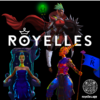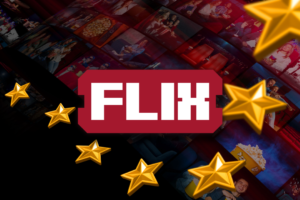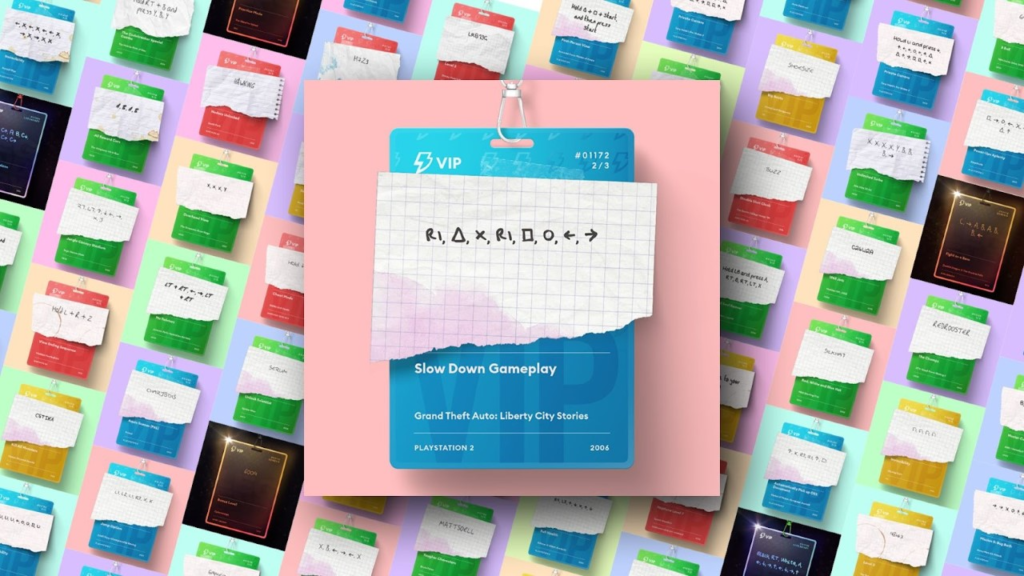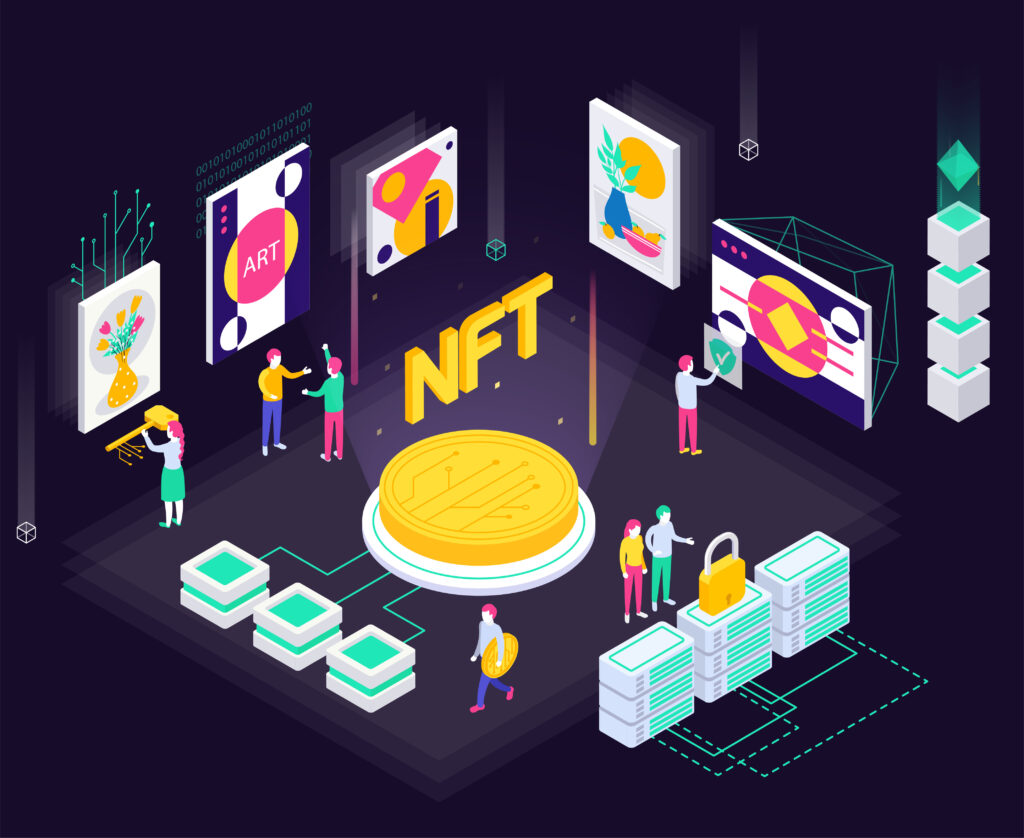
When we think of blockchain and cryptocurrency, we don’t necessarily think about industries like healthcare, human resources, or music. But while the blockchain exists to log all cryptocurrency transactions, the implications of its efficiency and immediacy are wide reaching.
Often more easily understood as a global spreadsheet that runs on millions of computers, updating everywhere in real time, transactions are visible to all, peer to peer, with no unnecessary third parties.
So far, the major areas to benefit from this technology have been financial institutions and technology companies, with IMB investing in cloud services to create custom blockchains for customers. But demand is on the rise. By 2022, the market for blockchain related products is estimated to reach $7.7 billion.
More industries are trying out the technology to see if they can enhance efficiency, transparency and security, at the same time as staying competitive and up to date. Check out these three major industries being disrupted by the blockchain right now.
Music
You might be wondering what efficient record keeping has to do with the music industry. Well, it’s something about righting the wrongs caused by music streaming. When users could download or play any song they felt like thanks to file sharing programs like Napster, many artists and recording labels suffered losses along the way.
Blockchain is about to change all that. By using smart contracts, music can still be distributed, but ensuring that profits find their way back to the artists. Furthermore, artists can sell directly to the consumers, which will cut out middlemen from the loop. Labels, lawyers and accountants will find themselves pushed to one side, as smart contacts pay out royalties automatically.
Healthcare
When it comes to healthcare, blockchain technology can can establish a clear protocol on the sharing of patient data and ensure the integrity of all electronic medical records (EMR). This would make sure that any breaches of data were held accountable for and make any tampering of documents impossible.
But what about keeping private medical information private? Well, the information is stored as encoded metadata, which patients can access when needed through their providers, but can’t be decoded by any would-be hacker. Blockchain companies are also beginning to create family medical histories for patients, so that they can have them handy when needed and pass the information down from generation to generation.
We’re a long way off full scale adoption yet, but with so many inefficiencies in this large area, blockchain may just be the way to simplify an over complicated industry.
Human Resources
There’s an awful lot of hard work involved with working in human resources. Many HR professionals find themselves taking up a lot of time just verifying candidates’ backgrounds, employment histories and references. But, these time-consuming tasks could be eliminated by blockchain, leaving HR executives with the time to attend to higher priority tasks, such as training and onboarding meetings.
Moreover, when it comes to paying employees internationally, it’s historically a headache. Sending payroll overseas involves currency exchanges, delays, and getting around a lot of red tape. Blockchain, again, with its power to cut out the middleman, can make transactions simple and easy, avoiding all these problems.
Bitwage is a company making waves in the HR industry, as its blockchain-based payroll system facilitates international payments. Companies can pay their employees and contractors through Bitcoin in their preferred currencies, and the blockchain can take care of the conversion rate.
These are just three industries that are staring at the possibility of a brighter, more efficient and transparent future. But, whatever industry you operate in, the ramifications of the blockchain will almost certainly be felt. So, get ready for some interesting times ahead.
















I know this if off topic but I’m looking into starting my own weblog and was wondering what all is needed to get setup?
I’m assuming having a blog like yours would cost a
pretty penny? I’m not very internet savvy so I’m not 100% positive.
Any tips or advice would be greatly appreciated. Appreciate it
I’m curious to find out what blog system you happen to be utilizing?
I’m experiencing some minor security issues with my latest blog and I’d like
to find something more safe. Do you have any suggestions?
It’s truly very difficult in this busy life to listen news on TV, therefore I only use world wide web for that
reason, and get the most up-to-date news.
Hello there, I discovered your web site by the use of Google
even as looking for a similar topic, your web site came
up, it appears to be like great. I’ve bookmarked it in my google bookmarks.
Hello there, simply was aware of your blog via
Google, and found that it is truly informative. I’m going to be
careful for brussels. I will appreciate should you proceed this in future.
Many people will probably be benefited from your writing.
Cheers!
continuously i used to read smaller posts that also clear their motive, and that is also
happening with this article which I am reading here.